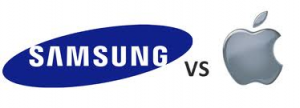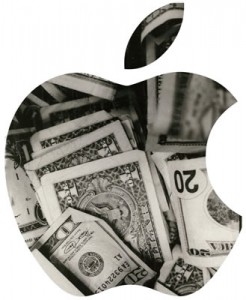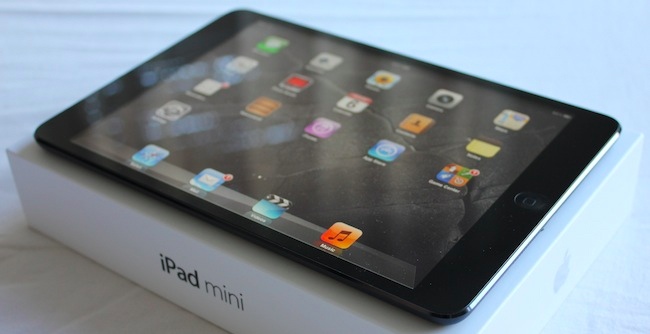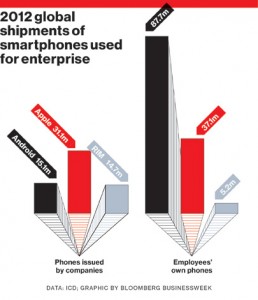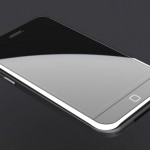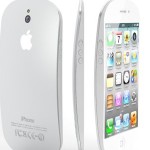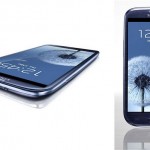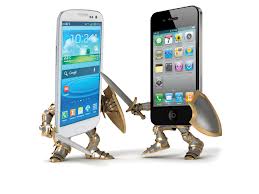
The battle for technological dominance is beginning to heat up. Apple and Samsung have been at each other’s throats competing over market share and cultural relevance for years now, with Apple seeming to come away the victor year after year. However, the momentum has seemed to shift in Samsung’s favor recently. So why the sudden change? In 2013, Samsung took a huge leap forward against their arch rival by enjoying a monumental 56% surge in sales pertaining to smart-phones. Whereas Apple only saw a disappointing 6.6% increase in sales within the smart-phone sector. Samsung now has a stranglehold on the market share, controlling 33% of the smart-phone division compared to Apple’s mere 18%. With this sudden charge in 2013, Samsung experienced soaring profits and revenue sales of $47.6 billion, a 17% increase compared to Apple’s 11% increase.
People are beginning to wonder why Apple has become so stagnant with their products, while Samsung continues to innovate, push the limits, and surpass new boundaries as a organization. As we all know, Apple as a company has gone through major changes when it comes to management ever since the passing of their charismatic and brilliant leader Steve Jobs passed away on October 5, 2011. However, they are not helping themselves with their lack of new products entering the market, along with their rather “elementary” tweaks to the iPhone 5 that have left many longtime customers of Apple disappointed and looking elsewhere for new and innovative mobile devices. For example, Apple upset a good portion of their customer base by changing the adapter that charges the battery life for a majority of Apple products. One of the major draws for Apple’s iPhone line was the fact that their mobile devices had become standardized with the ability for users to charge their phones just about anywhere, even if they forgot their phone charger because they could just use someone else’s. All the while Samsung continues to focus on the quality of their products by offering a wider range of specifications regarding smart-phones that have consumers clamoring for more. Also, Samsung’s new handset, the Galaxy S4, has premiered to critical acclaim among customers and could potentially threaten Apple’s iPhone as the gold standard among smart-phones in the industry.
Samsung has been able to achieve this triumphant comeback through intense quality focus and strong leadership throughout the organization. Especially at the top with former Chairman Kun-Hee Lee who strove for product quality so much that he took a trip to one of the company’s plants that had developed a batch of defected products and required all 2,000 employees to wear headbands that read, “Quality First”. Through this philosophy, Samsung has been able to efficiently produce quality products at a cheaper price compared to industry standards, which in turn allows them to charge a higher price that consumers are willing to spend. The end result, an incredible first quarter of 2013 for Samsung and a devastating blow to Apple. Will Apple recover from this disappointing 2013 start? Possibly with the iPhone-5S. Or will Samsung continue jabbing away at heavyweight champ?
Source: http://www.forbes.com/sites/petercohan/2013/04/26/samsung-trouncing-apple-gangnam-style/
